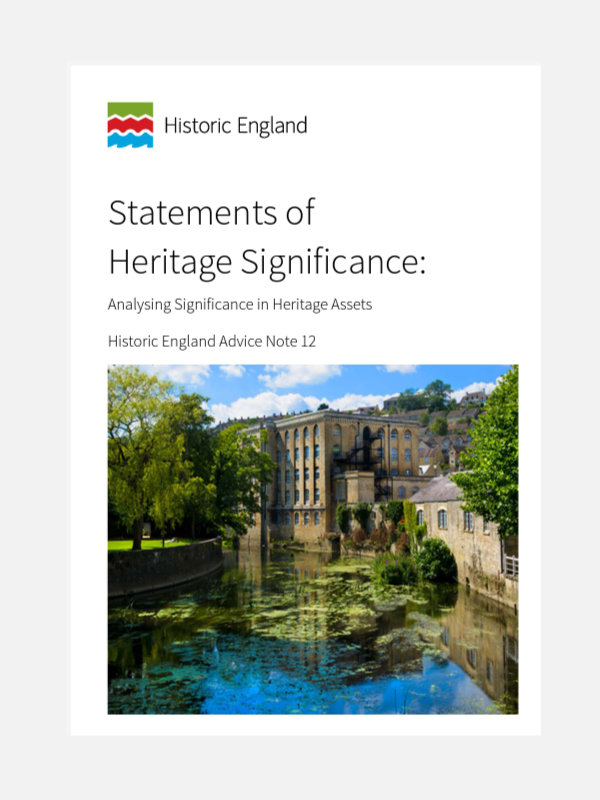Heritage Impact Assessment (HIA)
What is a Heritage Impact Assessment?
When a planning application is submitted which might affect a heritage asset, the local planning authority may require a Heritage Impact Assessment (HIA) to be included.
A heritage asset can be anything from a listed manor house, to an earthwork monument or it could refer to archaeological remains that are buried in the ground.
An HIA can therefore be required when significant changes are planned for an historic building, or if a new development might affect the setting of a listed building or a scheduled monument and to avoid, minimize or mitigate harm to the historic environment.

To carry out an HIA, the significance of all the affected assets must be assessed and the potential impacts of the development considered, rating each aspect. While some proposed changes can be considered harmful, often schemes such as the sensitive refurbishment of a dilapidated property, can be viewed as beneficial.
An HIA carried out at the design phase can ensure that the heritage aspects are built into the project, avoiding costly adjustments and delays at a later stage.
Ambrey Archaeology have considerable experience in producing HIAs and liaising with developers, architects, LPAs, Historic England and CADW, to allow developments to proceed with minimum delay and cost to the developer while ensuring that historic assets are treated appropriately.
Further information about producing HIAs (often also referred to as Heritage Statements, Heritage Assessments and Statements of Heritage Significance) in England can be found here;-
Or for Wales here:-
Talk to us about your project
Call Elizabeth or Tom on 01568 780 918 or send us a message via our contact form below. We look forward to talking with you.
Frequently Asked Questions
Why do I have to pay for archaeology and how much does it cost?
Archaeological works have been a part of planning law since 1990. The purpose of archaeological works is to ensure that these irreplaceable remains are not lost to development. Over the last 33 years, thousands of archaeological sites have been recorded ahead of...
What happens if you find human remains?
It is unusual to encounter unexpected human remains in the course of archaeological work, but if this happened best practice guidance would be followed. The remains would initially be left in situ, covered and protected and the local Coroner would have to be informed....
What happens if you find treasure?
It’s very rare to find artefacts of any monetary value on archaeological sites but in the event that any artefacts are encountered that would constitute ‘treasure’ (as defined by The Treasure Act, 1996) Ambrey Archaeology would be obliged to report the find to the...
What happens if you find a Roman villa?
Prior to carrying out archaeological evaluations and watching briefs, the likelihood of encountering a villa or something equivalent is considered, sometimes with the use of a desk based assessment or geophysical survey, with the purpose of avoiding this outcome....
